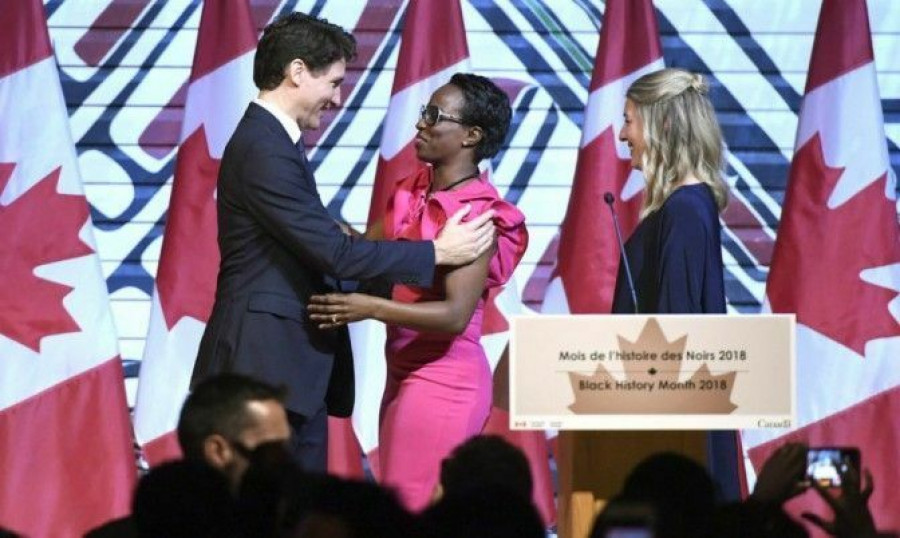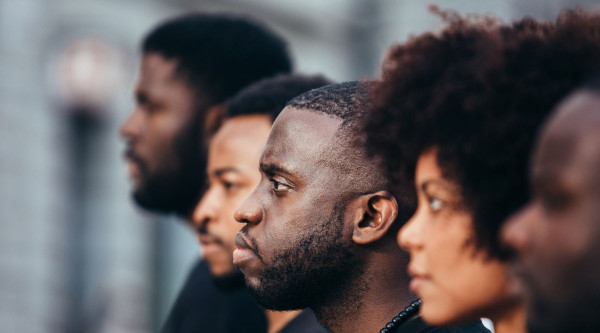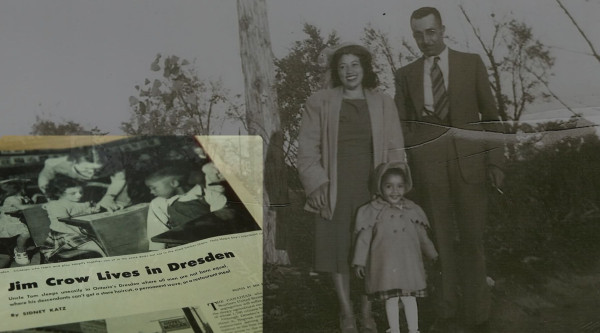And the prime minister says it’s time to take action to ensure equal opportunity and treatment of the more than one million Black Canadians, including doing more to recruit and elect Black members of Parliament.
Trudeau made the comments in a short speech at a reception marking Black History Month.
Two weeks ago, Trudeau announced that Canada is officially recognizing the United Nations’ International Decade for People of African Descent, which emphasizes the need for research and data collection to better understand the challenges facing the Black communities around the globe.
Trudeau says advocacy groups for Black Canadians have complained about the overrepresentation of Black individuals in prisons and about insufficient support for those with mental health issues.
And he says his government is committed to working with the Black community to make progress on those and other challenges facing Black Canadians.
“It’s time we recognize that anti-Black racism and unconscious bias does exist,” Trudeau told the reception Monday.
“It’s time we hear — and believe — the stories of men and women who have been judged by the colour of their skin. It’s time we take action to ensure equal opportunity and equal treatment of Black Canadians in our schools and our places of work.”
Moreover, he said it’s time the House of Commons — “the heart of our democracy” — looked more like the composition of Canadian society, with more Black MPs.
“For too many people, anti-Black racism, discrimination and inequality are part of their daily lives. This is unacceptable. Canada can and must do better,” Trudeau said.
The reception included songs, poetry and the unveiling of the latest two additions to the series of stamps Canada Post has produced to honour the achievements of Black Canadians.
One of the new stamps features former Ontario lieutenant-governor Lincoln Alexander, the first Black Canadian to be elected to the House of Commons, appointed to the federal cabinet and named to a viceregal position.
The other features Kay Livingstone, the late activist who founded the Canadian Negro Women’s Association in the 1950s and the Congress of Black Women of Canada in 1975. In 2011, she was named a person of national historic significance by the federal government.

 By
By 








